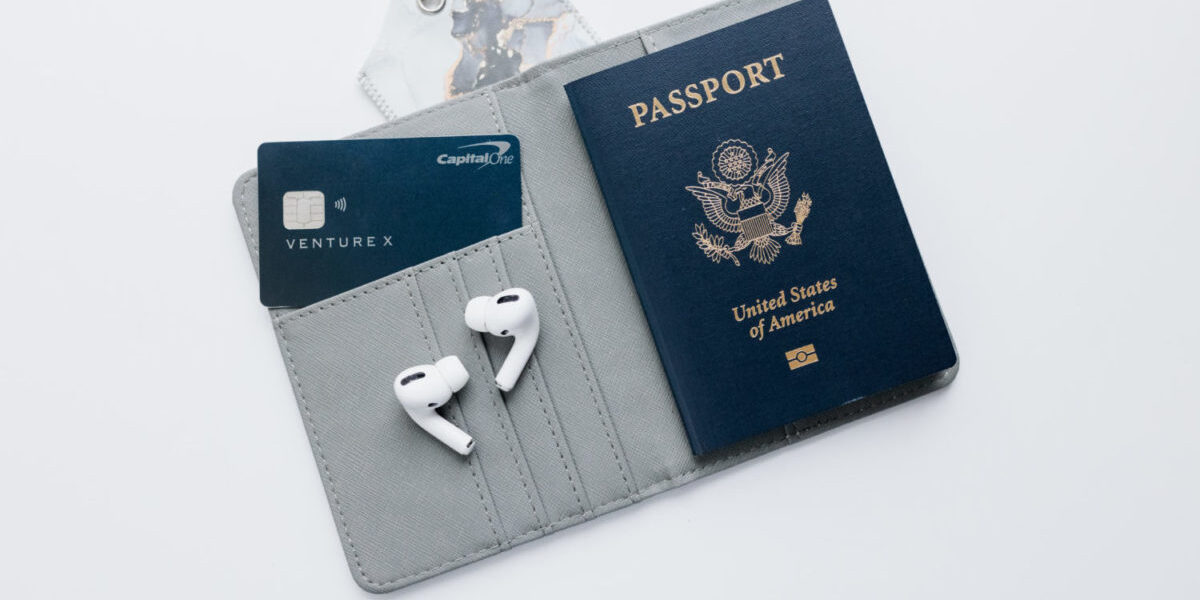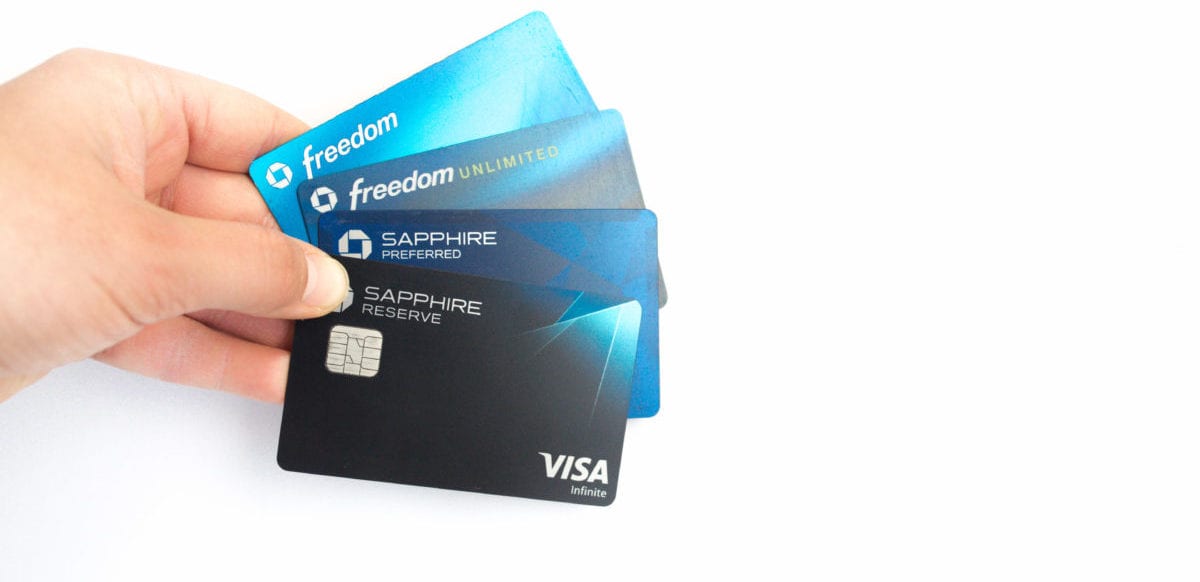You've zeroed in on your flights with Google Flights and you're ready to book with the airline. But before you can pay, many carriers demand you answer the question: Do you want to buy travel insurance?
Airlines big and small prompt travelers to add a travel insurance policy at checkout, and plenty say yes (and pay up) by default for that $20, $30, or more policy. If you're like me, it can cause a spiral. Should I buy travel insurance? What if I don't, and something goes wrong during my trip?

It's tempting to click “yes” for peace of mind. And it might be the right choice. But that doesn't mean it should be automatic.
There are a few things you should consider before buying your airline's travel insurance – including skipping it altogether.
What Does Airline Travel Insurance Cover?
The onset of COVID-19 was a rude awakening for many travelers canceling trips. That add-on travel insurance policy they'd been buying from the airlines for years didn't actually cover what they thought it would.
No matter whether you opt for your airline's travel insurance or spring for a standalone policy from an independent provider, you need to read the fine print to see exactly what you're getting. That's the only way to ensure you get the coverage you're expecting if your travel plans change, your expensive luggage gets lost or damaged, if bad weather leaves you stuck overnight, and more.
Many airlines use different insurance providers, so what you'll get varies from airline to airline when you add on a policy. For example, United offers Travel Guard insurance through AIG while Delta and American use Allianz Global Assistance.

Policies also vary based on the state you live in and whether you're flying domestically or internationally.
While you should always read the policy's fine print to see exactly what's covered, these are generally the benefits you'll get with your airline's add-on travel insurance.
- Trip cancellation coverage: If you need to cancel your trip for a reason listed in your policy like illness, jury duty, job loss, or a natural disaster or severe weather, you'll get a refund for your flight.
- Trip interruption: If you need to cut your trip short for a covered reason, your nonrefundable trip costs as well as any additional transportation expenses like a last-minute flight home would be covered.
- Trip delay: If your trip is delayed for a reason covered by your policy, you can get reimbursed for any extra expenses you incur as a result, such as meals, transportation, or a hotel room. The coverage typically begins after a certain amount length of delay – typically six-plus hours – and is typically capped, usually up to a maximum of $150.
- Lost or delayed baggage: Most policies will reimburse you for lost, damaged, or stolen luggage. If your bag is delayed (typically by 24 hours or more), you could also be reimbursed for any essential items you need to purchase while waiting for your bag to arrive.
For international trips, most airlines offer trip insurance that includes coverage for emergency medical services, too. Delta's plan, for example, will reimburse you for last-minute doctor visits or emergency medical procedures that occur during your trip up to $50,000 – and up to $50,000 for an ambulance ride or medical evacuation.
When it comes to airline travel insurance, there's one other thing to keep in mind: Trip cancellation coverage typically only covers your flight. If you cancel your trip for a reason covered in your policy like an unexpected illness or a death in the family, you'll get a refund for your flight … but not your other trip costs.
Dig into the details of policies like Delta's and American's, though, and you'll see that the trip cancellation coverage pretty much only includes airfare – plus any other travel expenses purchased directly through the airline. Any nonrefundable bookings like hotels, car rentals, or excursions you booked separately would not be covered.

If you have other nonrefundable travel expenses like hotel bookings, you may be better off buying travel insurance independently, not through your airline. Sites like SquareMouth can help you find a plan that fits your needs.
Do You Need Travel Insurance at All?
It's really up to you. Just know this: When it comes to booking flights, any additional coverage may be redundant.
The major U.S. airlines have done away with change fees on all but their cheapest basic economy tickets. So as long as you're booking a main cabin fare or higher, you'll be able to change your flights for free – or cancel them and get an airline voucher or travel credit to use later. Even with that add-on airline travel insurance, you can't cancel your flight for any reason and expect a refund.
The flexibility to cancel any main cabin economy ticket for a voucher, no matter the reason, is huge. While you won't get your money back, you'll be able to put that airline credit or voucher toward another trip. Depending on what you're hoping to get out of an insurance policy, it could make buying additional coverage pointless.
There's the cost of your airline's travel insurance to consider, too.
How much you'll pay depends on your flight cost and where you're traveling, among other things. For this cheap flight from Minneapolis-St. Paul (MSP) to Chicago-O'Hare (ORD), United will let you tack on travel insurance for less than $15.

For this more expensive international flight to Amsterdam (AMS), buying United's travel insurance would add an extra $54 to your flight costs.

For slightly more, you can buy a comprehensive travel insurance policy through a company like Travelex that would cover more of your trip to Amsterdam – not just your flights.
Use a Travel Credit Card Instead
Do you have a travel rewards credit card in your wallet? If so, you may not need to buy a travel insurance policy. Just pay for your flight with that card and you'll get even better coverage.
Many of the top travel rewards cards come with travel insurance benefits from trip delay and cancellation coverage to medical evacuation and travel accident coverage that is far superior to the add-on policies you can buy from airlines. While not as comprehensive as a standalone policy you can purchase independently, it should cover you in case of a disruptions or emergencies while you're traveling.
For any credit card travel insurance protection policies to kick in, though, you must have booked your trip with that credit card – or, if you used points or miles, charged the taxes and fees to the card.

For example, the *chase sapphire preferred* – one of the best beginner travel cards – comes with trip cancelation and trip interruption coverage that is better than anything you could get through your airline.
If your trip is canceled or cut short by sickness, severe weather, and other covered situations, you can be reimbursed up to $10,000 per person and $20,000 per trip for your pre-paid non-refundable travel expenses booked with your Sapphire Preferred Card, including airfare, tours, and hotels.
The Sapphire Preferred card also provides trip delay reimbursement, though it doesn't kick in unless your flight (or bus, cruise, train, etc.) is delayed for a covered reason by 12 hours or more. But you can receive reimbursement for expenses like meals, lodging, toiletries, and medication up to $500 per ticket per trip.
With the Chase Sapphire Preferred, you'll also get lost luggage reimbursement, baggage delay coverage, and some level of travel accident insurance.

The coverage offered by the premium *chase sapphire reserve* is even harder to beat. It matches the trip cancellation and trip interruption coverage you get with the Sapphire Preferred as well as lost luggage reimbursement, baggage delay coverage, and travel accident insurance. Its trip delay reimbursement coverage is even better: It kicks in if your trip is delayed by a covered reason by at least six hours – half the amount of time as the Preferred Card, and on par with what you get with most airline travel insurance.
Plus, you get emergency medical and dental benefits for you and eligible family members – up to $2,500 for emergency dental or medical treatment should anything happen when traveling 100 miles or more from home.
Read next: My Experience Using Chase's Trip Delay Insurance

Plenty of other travel cards come with built-in travel insurance coverage, allowing you to skip the airline's add-on policies so long as you book your travel with the card.
The *venture x* comes with coverage similar to the Sapphire Reserve. That includes trip delay reimbursement for up to $500 in expenses incurred if your flight is delayed by six or more hours, lost luggage reimbursement, baggage delay coverage, and travel accident insurance.
And many American Express cards like *amex platinum* offer stellar coverage, with a small hitch: You must book a roundtrip (or a multi-city reservation) ticket with your card to qualify. For other cards on this list, one-way flights are still eligible.
Read more: The 4 Best Credit Cards with Travel Insurance
Just remember: For any credit card travel insurance protection policies to kick in, you must book your trip with that credit card – or, if you used points or miles, charged the taxes and fees to it.
Bottom Line
Many airlines try to sell you travel insurance when buying your flight. It's tempting and feels like a must to many travelers. But that doesn't mean you need it.
The ability to cancel any flight with a major U.S. airline for a credit – so long as you book at least a standard, main cabin economy fare – gives many travelers more flexibility than one of these add-on policies. The built-in travel insurance policies that come with many top travel credit cards trump what you can buy from the airline, too.
And if you need something more comprehensive to cover you if things go wrong on your trip, you're probably better off buying a standalone policy than that $25-or-so plan with your airline.




Hi Allie, thank you for this article. Super informative! What if I booked my flight with miles or points? Would I have the same credit card travel coverage if I use it to pay only taxes and not the airfare itself?
Hi Kevin, yes will.